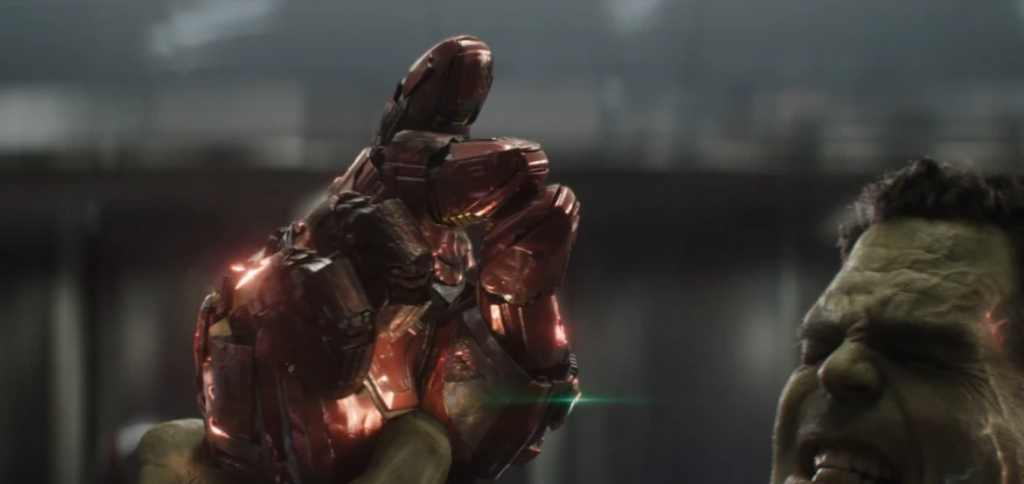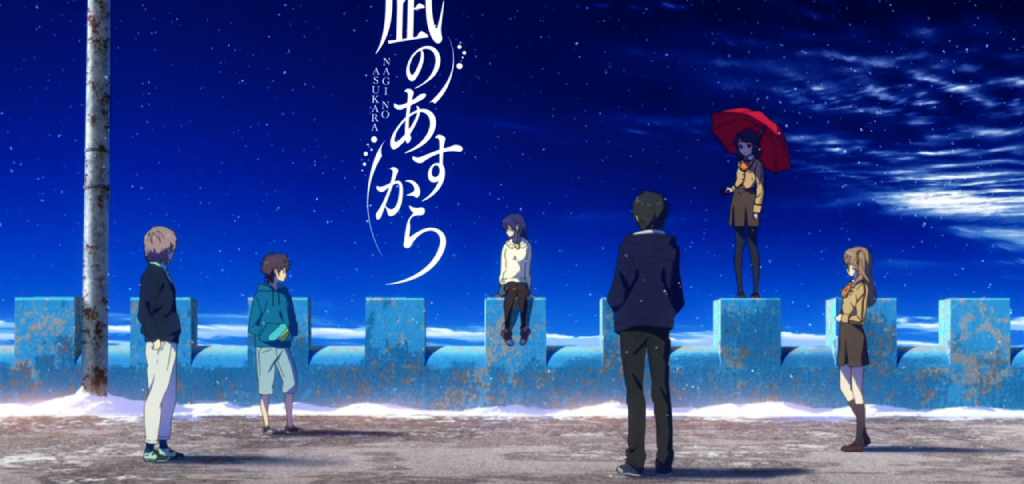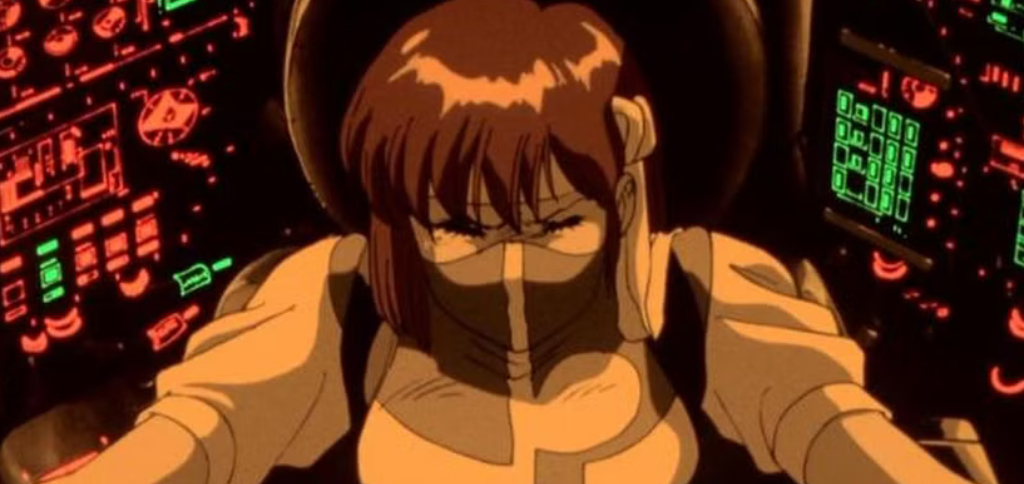The Chronal Nightmare: The Horror of Unexplained Time Jumps !
October 15th, 2024, is the best day of my life; the day I proposed, and the day she said yes. As I drunkenly walk home from celebrating with the boys, my face is covered in a goofy grin as I think about her.
I round the corner onto a small, darkened street, barely registering that its lights are out. My mind is focused on reaching home. As I emerge on the other side, I practically stumble into my building entrance. Fumbling with my keys, I don’t even notice the unfamiliar doors until the key fails to enter the keyhole. I look for the intercom so that I can buzz myself in, but it’s an entirely new unit – and I’m not listed.
A slight panic emerges as I realize that I must have somehow drunkenly stumbled into the wrong building. I exit the entrance only to be confronted with the familiar street and location of home. This IS my building. I head back in to page management, but there’s no answer this late at night. Heading out again (fresh air might help) I take out my phone only to see that I have no service.
A neighbour exits before I notice, the door closing behind them, so I ask to use their phone. I decide to call the only person who can make me feel better, I just hope she finds the situation funny instead of annoying.
“Heya, this is embarrassing, but I can’t get into my unit right now, I’m going to take an Uber over to your place.”
“What? Who is this?”
“It’s me, your amazing fiancé! My phone isn’t working, so I borrowed a neighbour’s.”
“Wait, Dylan? Is this a fucking joke? You disappear for five years, then drunk call me? Go to hell.”
Hearing the silence of an ended call, I stare down at the screen, in utter shock and confusion. I don’t even hear the neighbour asking for their phone back. I just stare, fixated on the date on the screen. October 17th, 2029.
The Horror of being
Displaced in Time
As a fan of existential horror, there is just something intrinsically scary and tragic about this kind of missing time, where it doesn’t just affect the protagonist, but their loved ones as well. My fascination has drawn me to this kind of media like a slasher villain is drawn to premarital sex.
This concept is fairly versatile, with the narrative vehicle driving the time skip having many causes, and the effects of the skip affecting characters in different ways. But the one thing that is consistent across all of these stories is a sense of tragedy, or even melancholy.
Since I am apparently now the Time is Horror guy, In this article, I’ll be going over various media that I think address this concept in unique or interesting ways. Because of this, consider anything below to contain spoilers, although I’ll try and keep plot directed towards the concept of time jumps.
Time Skips in Media
Avengers: Infinity War

Let’s start off with an easy to digest, simple Marvel example:The Blip.
The Blip begins with The Snap – an event in the Marvel cinematic universe, where the big bad guy snaps his finger and erases half of all life in the universe.
While the immediate focus is on the catastrophic loss of life, the most compelling aspect of the Snap, from the perspective of our topic, is the aftermath. Those who were “Snapped” out of existence didn’t simply cease to be forever. They returned five years later, into a world dramatically altered, with the time missing being referred to as “The Blip”.
Think about the sheer logistical and emotional chaos. Families were torn apart, businesses collapsed, entire careers vanished. Suddenly, people who were mourned as dead were thrust back into a world that had moved on. Peter Parker’s return in Spider-Man: Far From Home, in particular, beautifully illustrates this – his mentor is gone, his friends have grieved and rebuilt their lives, but he’s still expected to go back to school. Some of his former classmates and friends are now 5 years older than before, and others that were 5 grades below him (just little kids!) are now grown up and his equal. It feels weird, uncanny, and most of all, wrong.
The overwhelming sense of displacement and the struggle to reintegrate are palpable. The initial joy of reunion is constantly undercut by the realization of how much has been lost, and how the world perceives them – as ghosts returned to haunt the present. The Blip isn’t just a plot device; it’s a profound exploration of loss, memory, and the enduring power of human connection in the face of unimaginable change !.
Manifest

This show, oh boy, this show.
When a commercial airliner suddenly reappears after being missing for five years, those aboard must reintegrate into society.
I am so in. For the first few episodes. Then I am so asleep.
No shade at anyone who loved this show as I know it has its fans !, but luckily for me, the writing and plot direction are not what I want to talk about. So let’s set the stage.
Our focus will be on the two adult siblings waiting to board a plane after their family vacation, Michaela and Ben Stone.
Just before the flight, Michaela was proposed to by her boyfriend Jared. Unsure of what she really wants, she decides to wait until after her vacation to accept. Upon returning after the plane lands (5 years later!), she learns that her mother has died from cancer, and that her presumed fiancé has married her best friend. Now that she’s back, she feels that her very presence requires those in her life to tip-tow around her, and that her existence is causing two people she loves to feel an immense sense of guilt about being together.
Jared plainly states that it was over two years before he even looked at another girl, and of course Michaela’s fiancé and her best friend would be the ones who grieved her most, eventually falling in love themselves. But to Michaela, it’s only been a few days, and she’s hurt, and she’s confused.
Michaela’s experience encapsulates the central tragedy of Manifest: while the passengers may not have been responsible for their disappearance, they are burdened by the guilt of disrupting the lives of those they left behind, and the show excels at showing us this.
But it gets so much worse (NOTE: we are only discussing the pilot episode here, by the way. All of this is just in the first episode).
Ben, is the brother to Michaela, and was on the same family vacation with his wife and twin children, Cal and Olive. Cal is suffering from terminal cancer, placing an obvious strain on the family and their finances. When their flight is overbooked, and they are offered a $400 refund to take a later flight, Ben jumps at the opportunity, taking Cal with him.
Upon his return, he is met with initial glee from his wife and daughter, but not all is as it seems. He looks at his daughter with fear – fear at seeing what was his little girl yesterday, now five years older. Fear as the realization that he’s missed out on the last five years of her life washes over him. Fear at the knowledge that she was so young when he disappeared that he must feel as much a stranger to her, as she is to him. And poor cal, gazing upon his twin sister with shock and so much confusion.
However, even after all of that, I think the largest hit comes from his wife, when she later tells Ben how she hated him after he “died”. Not only did he choose to split the family up, but he took her son away. She only had maybe six months left with her boy !, and he took that little precious time away from her when he decided to board the second plane.
One of the more interesting parts of Manifest is how, unlike with the Blip, the passengers felt like they were “othered” by society. While the Government’s scrutiny of the passengers and their shared calls to actions, or “callings” ! certainly played a role, it was the families and friends who most significantly contributed to the sense of otherness.
Despite the fact that the individual passengers were not responsible for their disappearance from the world, they each felt a profound sense of guilt and responsibility for the lives they disrupted not just with their absence, but with their return as well.
Nagi no Asukara (A Lull in the Sea)

Nagi no Asukara is a 2013 slice-of-life, coming-of-age anime that feels like Hubert West distilled a glowing concoction of melancholy and loss, before injecting it directly into my jaded millennial corpse. The metaphor only works if you know Re-Animator, but I was grinning the whole time typing it out, so it stays.
For just a little tangent on how I learned about this anime, I was browsing Reddit and came across an image on /r/ImaginaryLandscapes that I fell in love with !. One of the comments was about how the image reminded them of this anime.
This anime starts off a little rough, primarily because I originally found the two main characters rather annoying. Luckily, they mellow out quickly, and this story ended up becoming one that enraptured me in a way that, at the time, I had never felt before.
How could I feel so much loss for characters that are still here? Why do I care so much for these characters and their relationships? What is this wet stuff leaking from my eyes? Must be excess testosterone.
Nagi no Asukara is about a group of children who live in the sea !, who need to start attending school on the land. We learn about them, their hopes and dreams, and watch as they prepare for a big community festival. And then the “event” happens, with two of our protagonists, Hikari and Manaka, being swallowed by the sea – never to be seen again.
Until five years later, when only one of our protagonists, Hikari, is spat back out to the land of the living, having not aged a day.
The rest of the story revolves around how Hikari handles being back after five years frozen in time, as well as how his friends, family, and community at large deal with integrating him back into their lives. And the whole time, the mystery and lingering guilt is left at the feet of everyone: Why is Manaka not back too?
If there is one thing that this show excels at, it’s making you care so damned much about the lives of these children, while also jabbing at your mind with existential suffering, knowing how easily things could have been different.
Gunbuster

Gunbuster is a 1988 Japanese science fiction miniseries, consisting of a brisk 6 episodes. The time jumps here are not “skips” like in the previous examples, but is instead caused by travelling close to the speed of light – time dilation. If you are, for example, travelling very fast out in space, then a few minutes for you might be a few hours here on Earth. The faster you go, and longer the speed is maintained for, the greater the effects of time dilation will be.
I’m going to simplify the story here to get the main ideas out. There is a lot of nuance that will be omitted here so that I can keep the story and ideas as simple as possible.
Our story begins with the discovery of alien monstrosities travelling towards Earth at near-light speed. In order to defend ourselves, Earth creates battle suites that are piloted by elite soldiers. These battle suites have the capability to travel at speeds approaching light.
Our protagonists are two teenage girls, Noriko and Kazumi, who have trained to pilot these advanced suits at the academy by their Coach. After graduating, they head off into space to try and stop the invaders.
The show does a fantastic job of setting up the breadcrumbs leading to the horror that is lost time. It starts with another pilot who invites Noriko to her upcoming birthday party. However, a stray ship is picked up by their ship’s scans, and Noriko needs to go at near-light speed to catch up to it. Even though it only takes her around twenty minutes, when she returns, it’s been weeks and the party has been missed.
Later, an alien scouting force is encountered, forcing a real fight. Once again, Noriko needs to go fast in order to effectively fight these space monsters. She wins, but at what cost? When she eventually returns to Earth, it’s not the same place she remembers. She’s still just a teenager, but several years have passed. One of the more interesting scenes was when Noriko runs into an old friend from the training academy. Her friend is now an adult, and even has a daughter. Seeing how Noriko processes all of this is great.
Back in space now, our protagonists are forced to fight yet again. This time, however, Kazumi struggles to engage, despite Noriko pleading for her to help. It turns out that Kazumi was in love with Coach, who has a terminal illness with only a few months left to live. This fight is big, and the girls will need to fight for longer than they ever have before, and Kazumi knows that if she goes close to light speed, the man she loves will be lost to her by the time the battle ends. With a final scream of loss and pain, she engages the throttle, sacrificing what little time she could have had left with the man she loves.
The most terrifying and overwhelming beautiful ending ever put to screen
The monsters are coming, and they number in the billions. We cannot beat them. Earth will die. Unless we do something crazy… and it just so happens humanity is kind of great at that. So what if, and hear me out here, we turn Jupiter into a black hole and crush the entire alien fleet in one-shot? The problem is that we need two heros to sacrifice themselves in order to set off the bomb that will start the whole chain reaction.
Noriko and Kazumi enter hyper speed and approach Jupiter, fighting their way through eldritch horrors to get close enough. How long have they been fighting for? How much time has passed on Earth? Even if they survive the blast, the mix of how fast they are going with the gravity well of the black hole will propel them an unfathomable distance in time. They succeed in destroying Jupiter. They succeed in creating the black hole. They succeed in saving Earth and all of humanity.
Alone now with nothing but each other, the initial fleeting jubilation of not just winning, but surviving is slowly replaced with melancholic fear as the two girls look at each other, silently coming to the same conclusions. They are twenty-two thousand years in the future. How much has life on Earth changed since then? Will humans even speak the same language? Is humanity even still alive, or has some other apocalyptic event wiped them out over the past thousands of years? Will anyone remember them and what they did?
Approaching Earth now, their hearts sink as the giant sphere of dirt and water remains silent and dark.
But then, over the course of a few seconds, the cities across the entire planet light up to spell a galactic message just for them – WELCOME HOME.
Final Thoughts
Before I get into wrapping up, I just want to call out some honourable mentions – some other pieces of media that I think add something interesting to the discussion.
- Futurama – The Late Philip J. Fry
- The Legend of Zelda – Ocarina of Time (and also Breath of the Wild)
- Interstellar
- Your Name (Kimi no Na wa)
- An Ocean of Minutes
- Click
I hope that these examples worked well to explain this idea, that time really is the scariest form of horror. Everything is entropy. We all age, we all die, but the world keeps moving on.